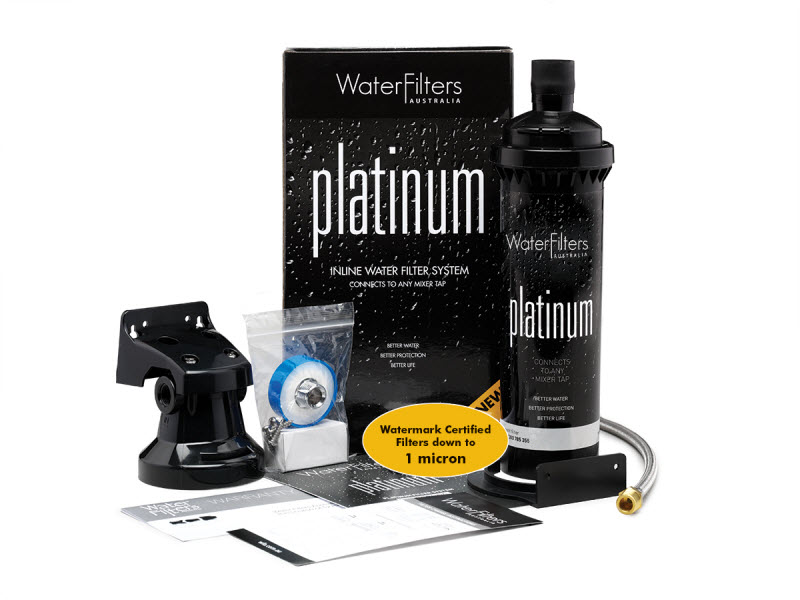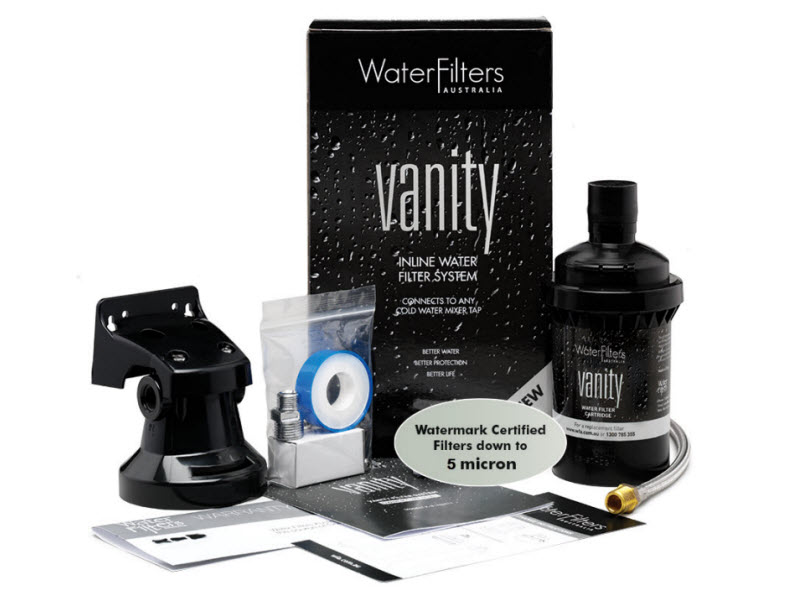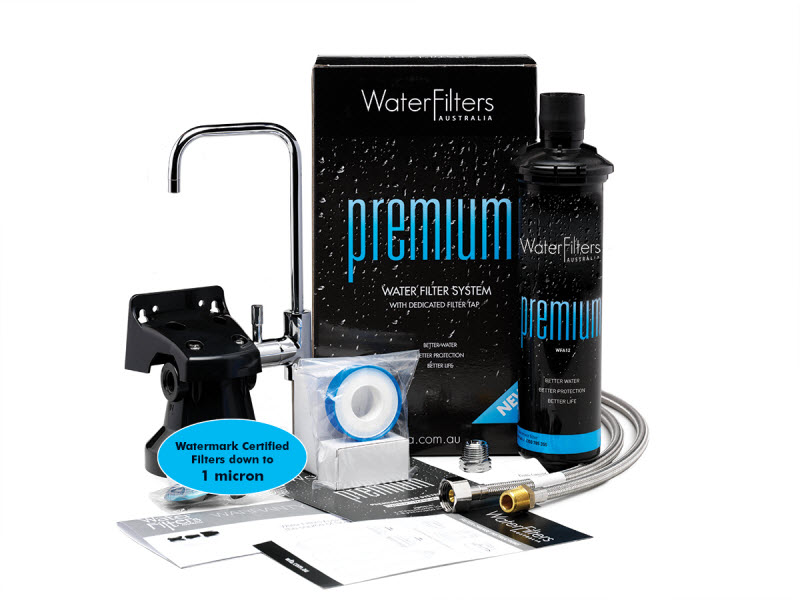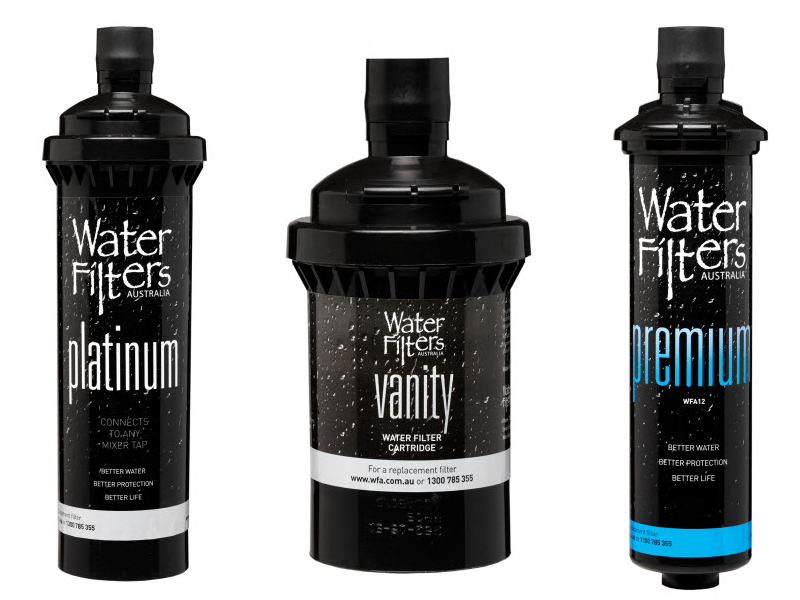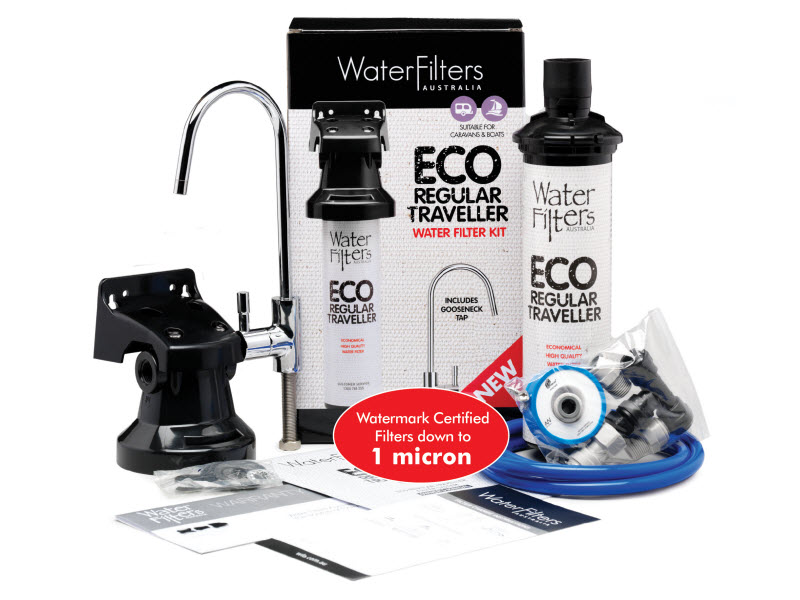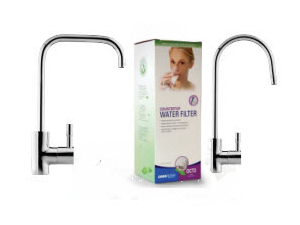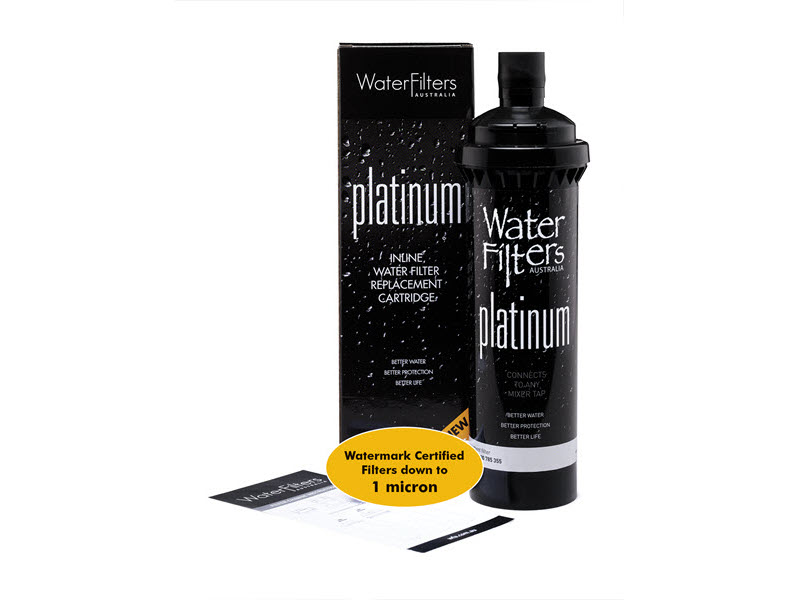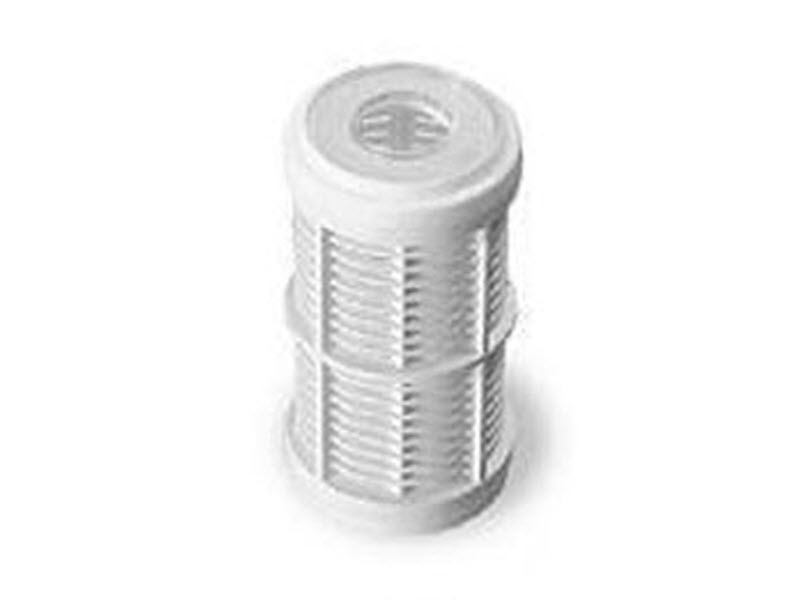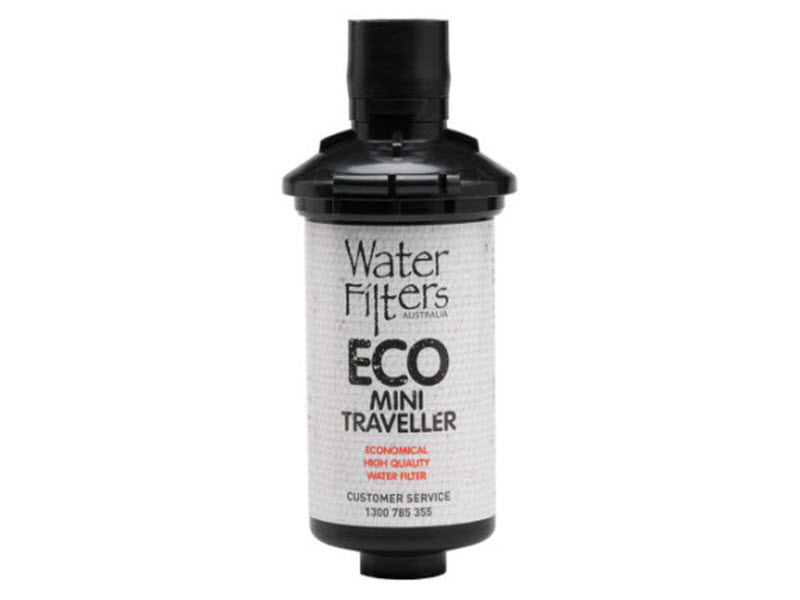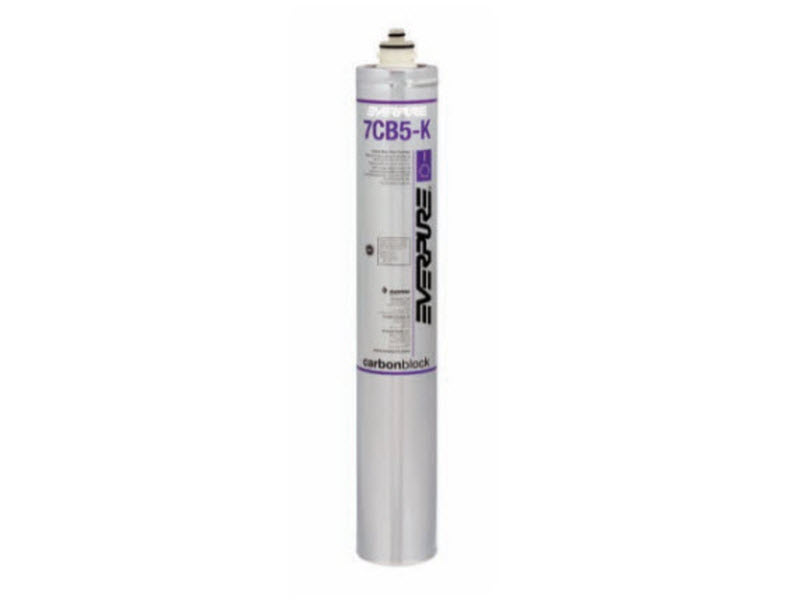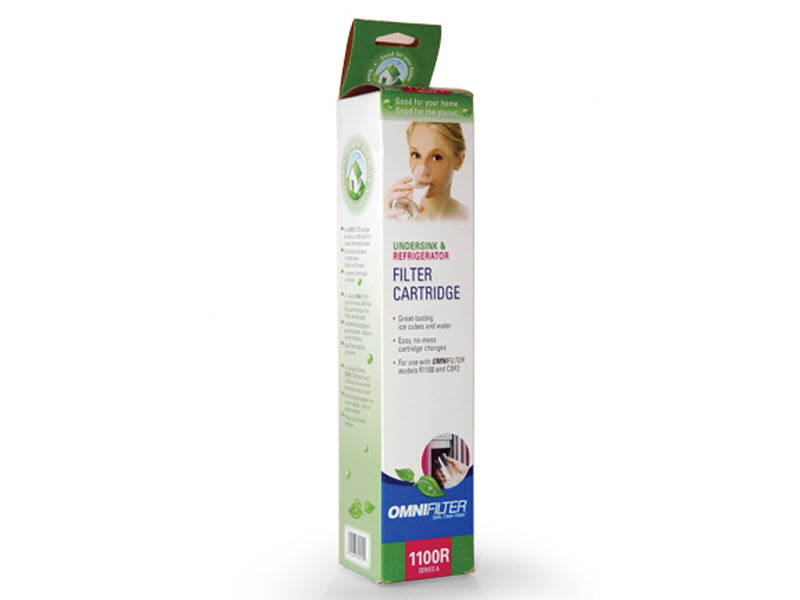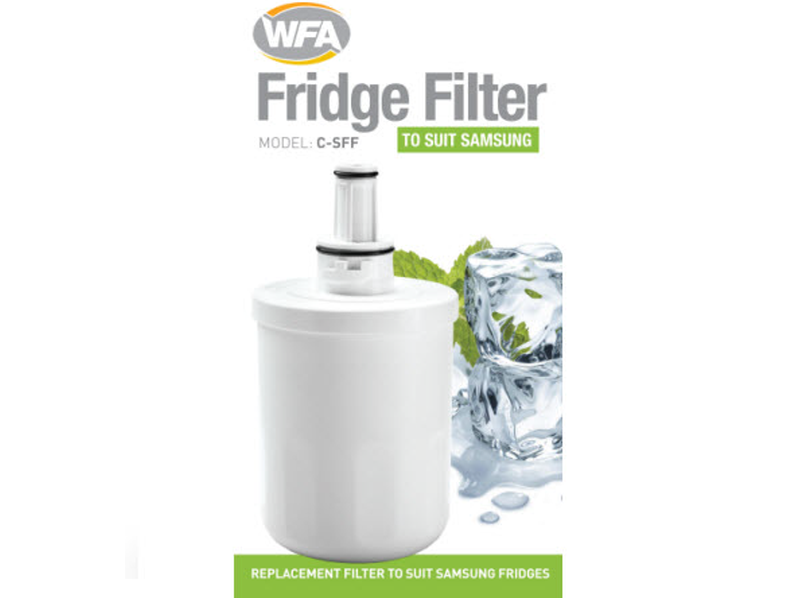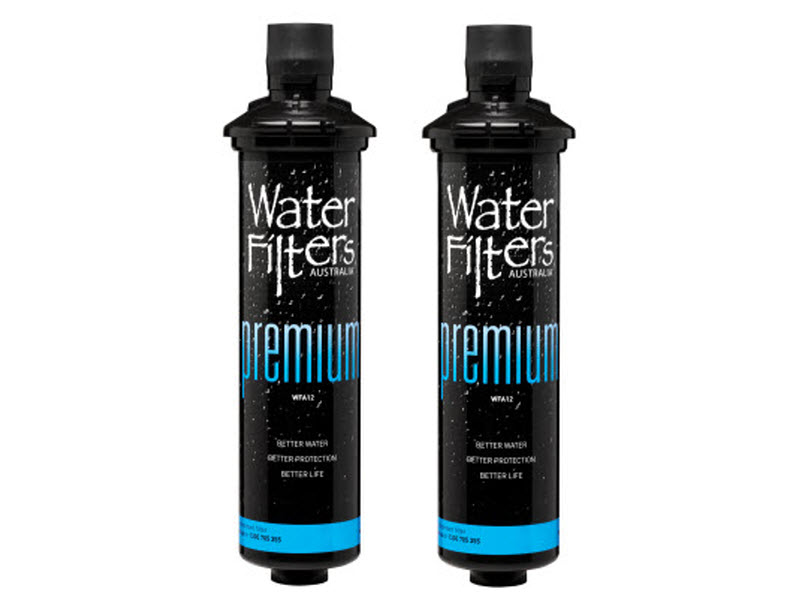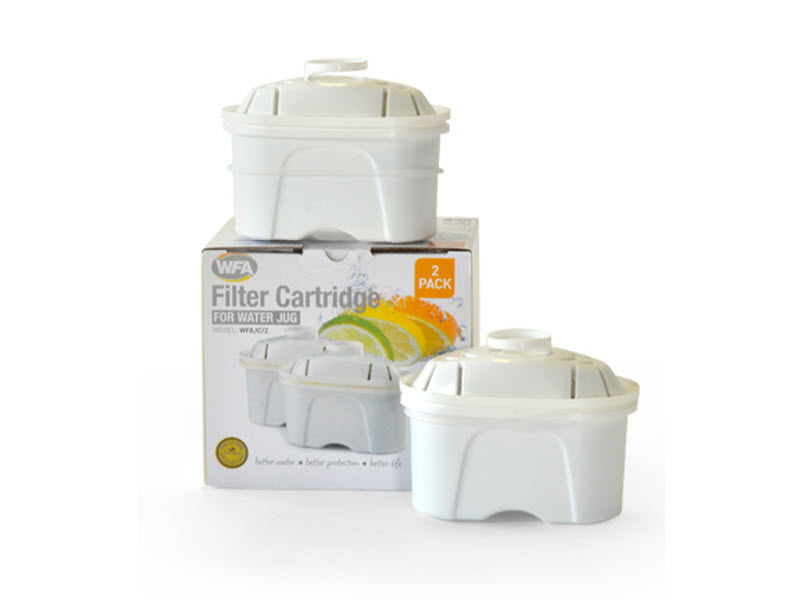10 reasons why we should kick our bottled water habit
As a nation, we’re drinking more bottled water than ever before, with 466 million litres of bottled water sold to Australians in 2015. And at average cost of $2.75 a litre, our bottled water habit is costing us nearly $1.3 billion dollars annually.
However it’s only when we also factor in both the financial and environmental costs of manufacturing, transporting, distributing and disposing of the plastic bottles that the real cost of bottled water becomes apparent.
As a nation, we’re drinking more bottled water than ever before, with 466 million litres of bottled water sold to Australians in 2015. And at average cost of $2.75 a litre, our bottled water habit is costing us nearly $1.3 billion dollars annually.
However it’s only when we also factor in both the financial and environmental costs of manufacturing, transporting, distributing and disposing of the plastic bottles that the real cost of bottled water becomes apparent.
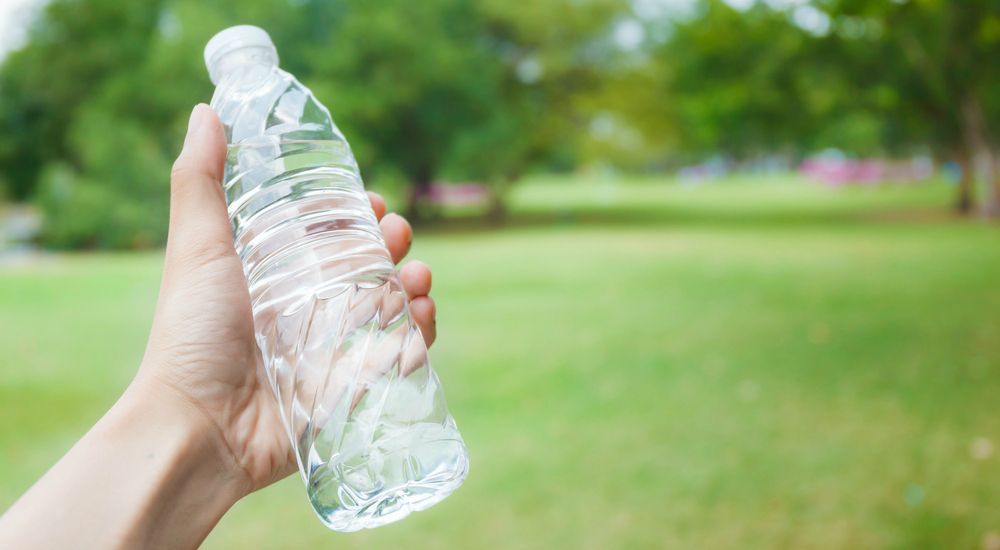
1. Bottled water is expensive
The average price of bottled water is $2.75 per litre, which is more expensive than milk or petrol.
Some brands of bottled water cost as much as $12 per litre, while the average price of spring and mineral water is $5.18 per litre.
By contrast, tap water cost between 1-2 cents per litre, which means we are paying up to 2000 times more per litre for bottled water.
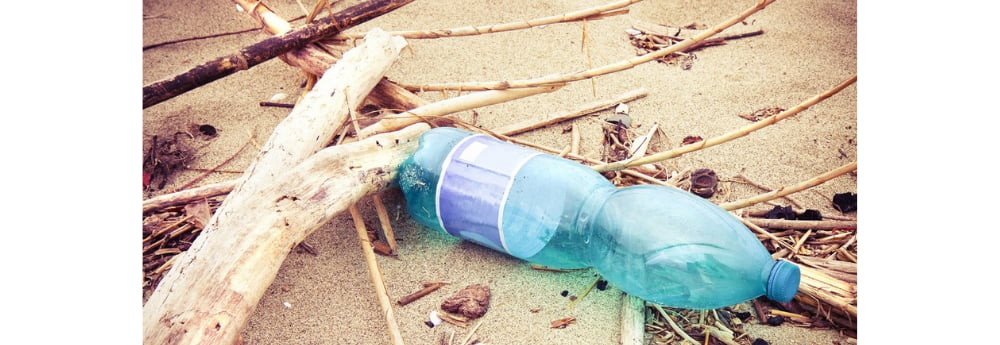
2. Bottled water creates rubbish and landfill
A frighteningly small percentage of water bottles are recycled, which means most of them become landfill, taking up to 1000 years to break down.
According to Clean Up Australia, 10 per cent of rubbish found on Clean Up Australia Day was related to bottled water.
3. Bottled water kills marine life
Many plastic water bottles end up in the ocean, where they break up into small pieces. Marine animals mistake this plastic for food, inadvertently ingest it and die.
4. Bottled water is bad for your teeth
Many brands of bottled water do not contain any fluoride and this is now contributing to half of all Australian kids suffering tooth decay by the age of six.
5. Bottled water doesn’t taste better
Countless blind taste tests prove we can’t tell the difference between tap and bottled water, but we do prefer the taste of filtered tap water.
6. Bottled water is not purer than tap water
Tap water is monitored far more vigorously than the largely unregulated bottled water industry…and besides, the truth is a lot of bottled water is just tap water.
In a plastic bottle.
That you (and the environment) are paying for.
7. Bottled water uses finite resources
The production of bottled water containers requires millions of barrels of oil per year. In Australia it is estimated it takes 200ml of oil and up to seven litres of water to manufacture a single plastic bottle.
8. Bottled water is heavy and expensive to transport
Because bottled water is heavy and expensive to transport, it causes thousands of tonnes of transportation-related pollution to be released into the earth’s atmosphere every year.
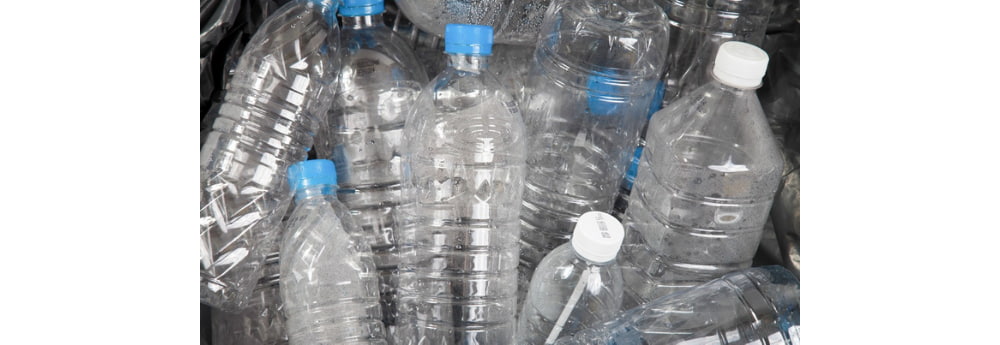
9. Bottled water bottles generally can’t be reused
Health authorities don’t recommend the reuse of single-use bottles because they pose a potential microbiological risk if not cleaned properly. And some plastics, when heated, release chemicals into your water.
10. Bottled water is a scam
The bottled water industry has been created to fill the void created by declining soft drink sales, convincing you to pay up to 2000 times the cost of tap water…purely for the convenience.
How you can kick the bottled water habit!
Don’t let the soft-drink industry mislead you into thinking bottled water is the only healthy alternative to soft drink.
If you want to hydrate yourself and improve your health by drinking pure, thirst-quenching H2O, a home water filtration system will allow you can enjoy the pure taste of filtered water, on tap 24/7.
And if you also invest in several good, quality reusable water bottles, you can still enjoy the convenience of filtered water, at home and at work, and at any time of the day, without paying through the nose for bottled water.
Today’s inline home water filter systems offer a healthy, practical and inexpensive alternative to bottled water and are quick and easy to install, with no additional tap required.
And when you kick the bottled water habit, not only will your tastebuds thank you…your wallet will thank you and so will the environment.
Read more on the health benefits of filtered water



